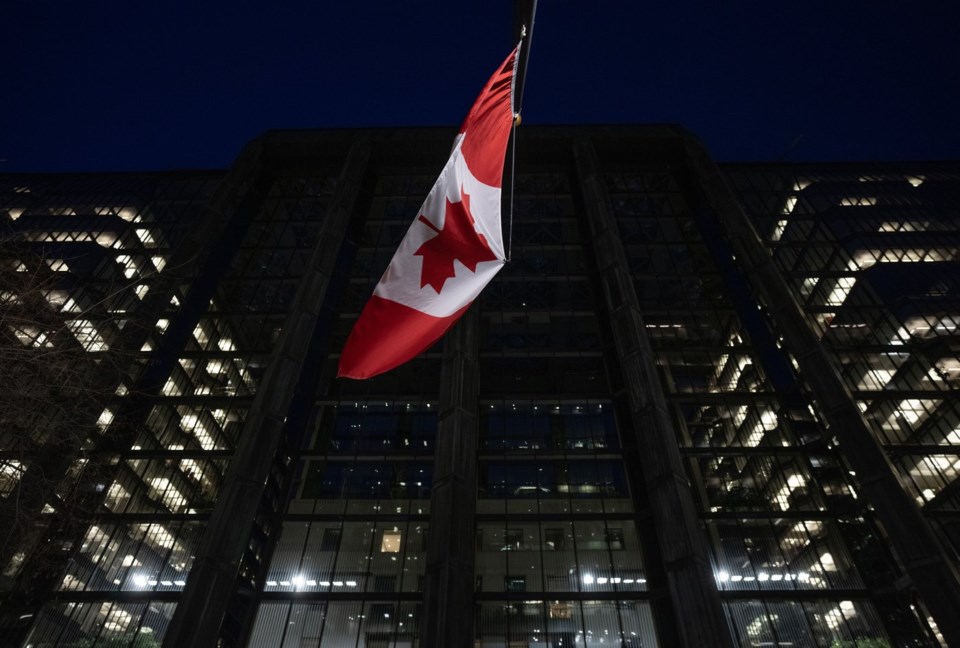OTTAWA — Nearly a quarter of Canadian businesses expect their costs to rise with Donald Trump set to take office today, according to a new survey from the Bank of Canada.
The central bank polled more than 900 business leaders in December. The results from its "business leaders’ pulse" were released Monday.
The survey indicated 18 per cent of those businesses anticipate their prices to rise with the incoming U.S. administration, while 11 per cent expected their prices to actually be lower.
Overall, 40 per cent of companies expect a negative impact on their business from the incoming U.S. administration, while a third said it was too early to tell.
The Bank of Canada also interviewed senior management at about 100 companies, but virtually all the firms were polled before Trump first made his initial threat of hitting Canada with 25 per cent tariffs – although Trump’s rhetoric of the U.S. economic relationship with global trading partners was prevalent throughout his election campaign.
Through November, Canadian firms expected sales growth to improve through 2025, driven by the anticipation of further interest rate cuts ahead.
The growth in sales expectations coincided with the Bank of Canada’s consumer expectation survey from the fourth quarter of 2024, in which consumer sentiment was improving on the expectation of further rate cuts.
Fewer consumers reported they were spending less or planned to reduce their spending than in the previous quarter.
Still, the high cost of goods and housing, and economic uncertainty, still weigh on consumers and their purchase decisions. The source of the uncertainty has shifted from interest rate changes and government policy, to the new U.S. administration.
"During follow-up interviews (conducted between Nov. 25 and Dec. 3), consumers continued to mention how they are adjusting to these factors that weigh on their purchase decisions, such as by changing their shopping behaviour," the survey summary read.
There was also an increase in the number of consumers who reported a probability in losing their job.
"Job security is low because there are so many of us that can do the same job," one respondent said.
Still, only 12 per cent of businesses reported expecting lower employment levels at their firms – which is near historical averages. The number of firms expecting higher levels ticked slightly higher at 45 per cent.
Businesses expect annual inflation to be between two-to-three per cent over the next two years, with some companies mentioning potential U.S. tariffs affecting their inflation expectations upward.
Meanwhile consumers' expectations on inflation have returned to pre-pandemic levels, though their perception of what the inflation rate actually is remains higher than before COVID.
"Consumers’ inflation expectations for food and gasoline prices remained near their survey averages in the fourth quarter, while inflation expectations for rent eased further," the report read, adding consumers continued to think rent will grow at a slightly faster pace.
"Their views about where inflation is heading over the next 12 months remain more diverse than normal, with more people expecting deflation or very high levels of inflation."
This report by The Canadian Press was first published Jan. 20, 2025.
Nick Murray, The Canadian Press

